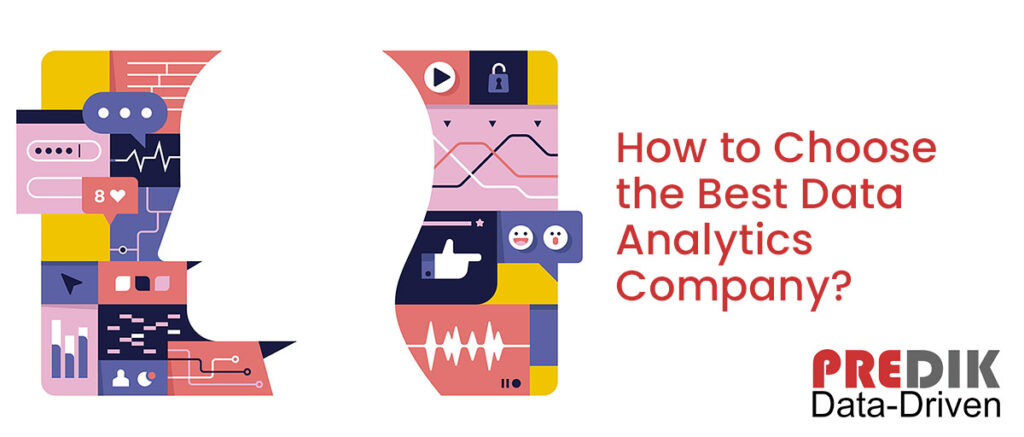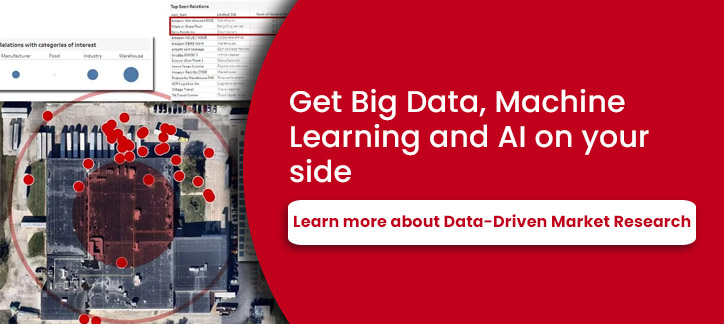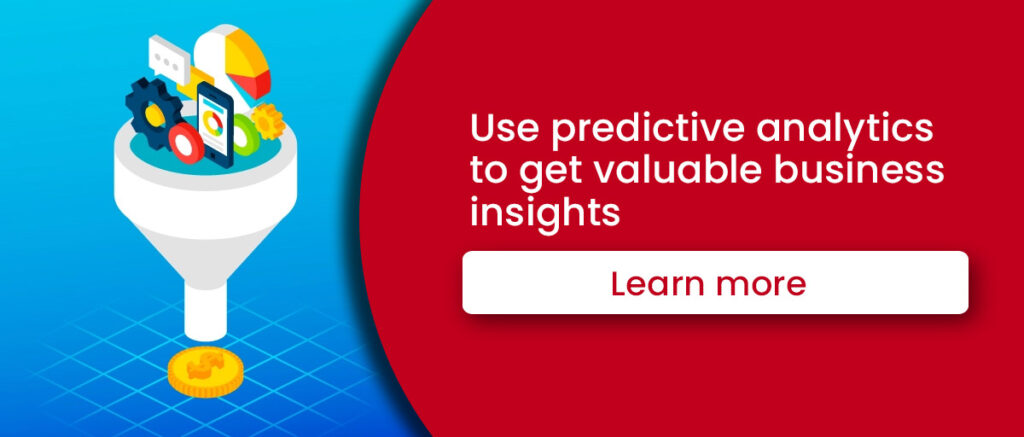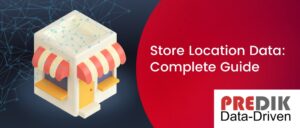In today’s business landscape, data analytics has become essential for companies who want to stay ahead of the game. For many companies, it is the backbone for creating effective strategies that promote operational efficiency, customer engagement, and financial profitability. As a result, it’s no wonder that it has become a cornerstone of business intelligence and strategic planning.
In this article we will cover the following topics:
What is data analytics, and why is it so crucial for businesses?
Data analytics involves using automated techniques and algorithms to analyze raw data and provide insights for business decisions.
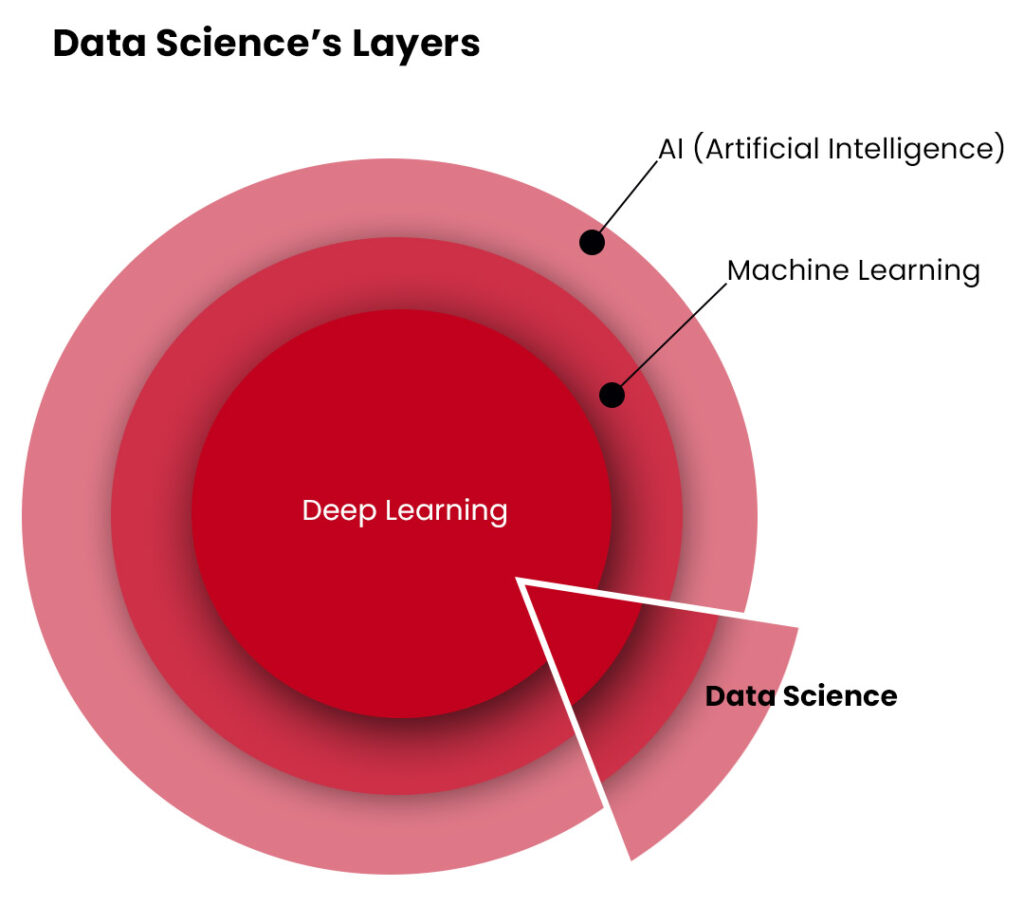
Data analytics refers to analyzing large data sets to uncover hidden trends and metrics that can be used to optimize business processes, enhance efficiency, and inform strategic decision-making. This can involve diverse techniques and tools, such as statistical analysis, data mining, artificial intelligence, Machine Learning and predictive modeling. The insights gained from data analytics can help organizations make more informed decisions and gain a competitive advantage in their industry.
“72% of manufacturing executives say they rely on advanced data to improve productivity.”
BCG
Is your company data-driven? Let’s find out together
The impact of data analytics in different sectors
The scope of data analytics is comprehensive and adaptable to different sectors and types of information. It can analyze any data set—qualitative or quantitative—to provide a richer understanding of performance metrics, customer behavior, market trends, and operational efficiencies. This comprehensive analysis reveals patterns and correlations that might remain obscured in voluminous data, empowering businesses to refine their operations and strategies.

For example, data analytics can evaluate machine runtime, downtime, and work queues in the manufacturing sector to maximize operational efficiency. This information can help in effective workload planning, ensuring that machines operate at or near peak capacity, improving throughput, and reducing costs.
Moreover, data analytics is not confined to operational or production optimization. Its applicability extends to customer engagement and retention strategies as well. Also, real estate companies and retailers use different forms of data analysis to run market research, analyze points of interest (POIs), and evaluate their expansion plans.

We recommend you reading: How to Get Useful Customer Behavior Analytics? (Guide)
Regarding financial impact, the insights derived from data analytics facilitate cost reduction by identifying more efficient operational methods. Furthermore, storing and analyzing large data sets allows businesses to forecast trends, manage risks, and create new revenue streams, effectively contributing to bottom-line growth.
“4 in 10 mechants use Machine Learning to improve fraud management and payment routing.”
Cybersource
The main challenges companies face when trying data analytics strategies
One of the primary challenges companies face when implementing data analytics is the collection of meaningful data. In the era of Big Data, the sheer volume of available information can overwhelm organizations. Sifting through this deluge to find actionable insights is time-consuming and complex, particularly given that not all data may be relevant or accurate for decision-making processes.
Did you know? 61% of companies think that the fast-growing volume of data is limiting their ability to harness their data fully.
While data analytics tools can help collect, analyze, and provide current-data reports, the issue extends to the “human element.” Employees need adequate training in effective data application to get the full potential of these tools, thereby boosting productivity and ensuring the gathered data serves its intended purpose.
Another major challenge is selecting the right analytics approach that aligns with the company’s specific needs and objectives.
When discussing data analytics implementations, businesses must consider factors like scalability, integration capabilities, and the ability to analyze data from multiple sources. While an experienced data analyst on staff might have the expertise to guide this selection, the fast-changing data analytics landscape requires constant updating and upskilling for even the most proficient professionals.
Additional complexities also appear in areas like data visualization, scaling, and security. Presenting data in an understandable format is essential but often becomes bulky when dealing with large data sets.
Scaling poses its own problems, as businesses must ensure that their selected analytics solution can grow with increasing data volumes. On the other hand, data security remains crucial, especially as the volume and diversity of data increase.
To summarize, most companies will face at least one of these challenges when implementing a data analytics approach:
- Collection of Meaningful Data.
- Selecting the right approach.
- Right use of data by the organization.
- Data Visualization.
- Data Scaling.
- Data Security.
- Budget Limitations.
- Data Quality.
- Data Accessibility.
Choosing the best data analytics for your organization
As mentioned, a data analytics approach brings several challenges that might surpass your company’s technical knowledge and resources.
Budget constraints are the primary limitation in turning Big Data into a profitable business asset, according to 50% of US and 39% of European executives.
Does that mean you must stop trying to become a data-driven organization? Not at all! You will be missing a massive opportunity on the table. Fortunately, it is always an excellent option to collaborate with a data analytics company that will help you overcome any data difficulty.
That is why selecting a big data analytics company is crucial to significantly influencing your organization’s competitive edge. Given that 79% of enterprise executives believe companies need to leverage big data to stay caught up, your choice will have middle and long-term consequences.
So, how do you choose the most suitable analytics company?
The first and most obvious is to consider the expertise of the company. Some brands specialize in specific solutions (Like mobility analytics) or industries. It is important to ensure that you are tapping into a talent hub that can deliver on complex big data projects.
At PREDIK Data-Driven, we have over 14 years of experience working with major brands like Adidas, Bayer, Boston’s Pizza, and Shell. Our multi-industry approach has proven successful thanks to our proven data methodology, combined with a specialized data scientist and business experts.
Learn more about our sucess stories
Second, analyze the technological resources of the prospective big data company. Proficiency in key technologies is a must. For example, at PREDIK Data-Driven, we partnered with Amazon’s AWS to provide data solutions without data volume limitations.
Ensuring the provider has a strong footing in the newest NLP and Machine Learning technologies will ensure your projects are feasible, scalable, and efficient.
At last, the perfect Big Data firm must understand and align with your specific business objectives. Choosing one that uses the latest technology and has the brightest data science teams is not worth it if they cannot deliver valuable insights for you to make decisions or solve problems.
At PREDIK Data-Driven, we do not only have a talented team of data scientists with experience working in all kinds of company challenges, but also we have an experienced and professional team of business experts.
Not only that, but we also always place our client at the center of every solution we develop. That is why we have served over 15 industries in 20 countries.

